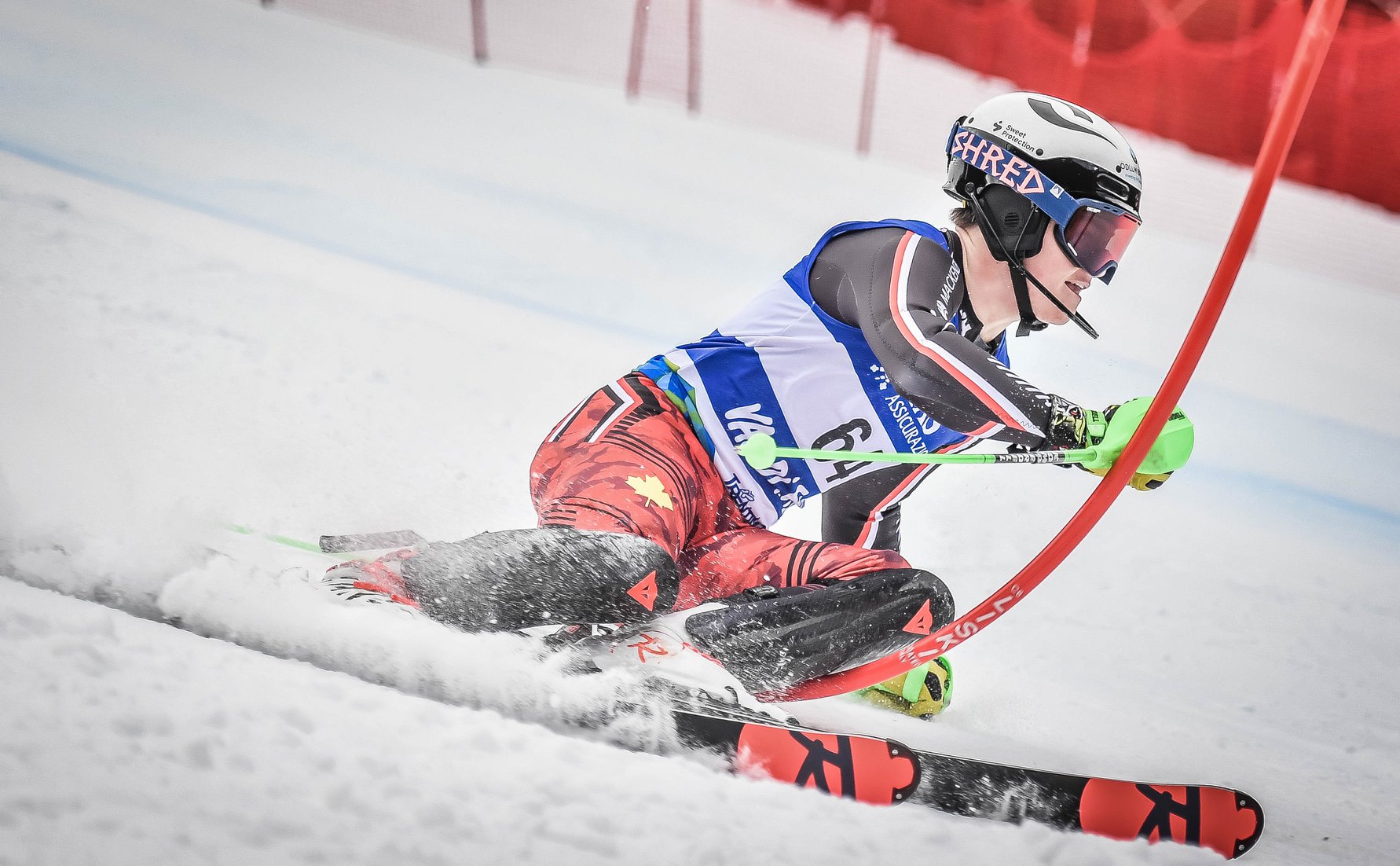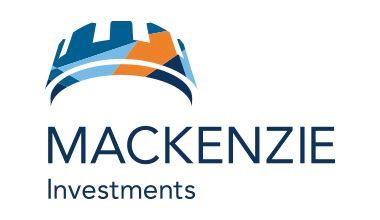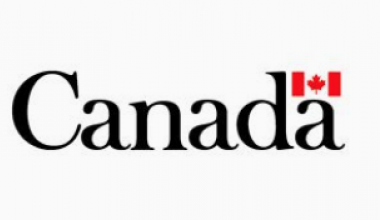Train to Race
BUILD THE SKI RACER & OPTIMIZE THE ENGINE
Ski racers are introduced to advanced mental preparation strategies and continue to focus on developing the mental skills needed for competition and quality training.
Coaches begin to educate athletes on the purpose of training and recovery and how it will prepare them to compete. As ski racers start to understand the "why" they are doing "what" they are doing, ski racers can begin to develop a greater sense of intrinsic motivation and confidence to compete.
Essential mental skills developed in this stage include pre-competition and competition planning, stress management, arousal and distraction control, focus, imagery, and post-competition evaluation.
Increased training volume and commitment levels may make it difficult for ski racers to maintain a well-rounded identity alongside ski racing; encourage a healthy sport-life balance and keep success and failure in perspective.
A re-emphasis on fun and enjoyment is essential including the encouragement of non-athletic pursuits.
- Boys After adolescent growth period
- Girls After adolescent growth period
- Dependent on skiing skills & fitness
- Club through Provincial Team Level

Key Messages
Ski Racers
- View every competition as a learning opportunity.
- Focus on the process and all the variables you can control before a competition.
- Practice readiness and be flexible in responding to any competitive situation that may arise in your sport.
- Continue to use focusing, positive self-talk, imagery, relaxation, and activation strategies at the appropriate times for you.
- Work with your coach to develop a competitive routine that gets you ready to compete.
Coaches
- Focus on the positives and reinforce a ski racers' readiness for competition.
- Help ski racers focus on a few simple process goals for the competitions that will maximize development while avoiding mental or emotional burnout from participation in too many races.
Parents
- Positively support your competitive ski racers.
- Showing encouragement, enthusiasm, and excitement around competition are good, but too much can add extra pressure on a ski racer. Act your usual self before, during and after a race.
- Avoid statements such as "I hope you win," "Looking forward to seeing you on the podium," and "How are you feeling?" before a competition. Despite their good intentions, such statements can be distracting and take away from a ski racers normal pre-competition routine.
- Communicate well with your athlete and give him or her space if needed before and during a competition.
- Celebrate together afterwards when possible.
Core Principles
- Ski racers develop awareness of how day-to-day training connects to being prepared for competition.
- Knowledge about individual responses to performance anxiety and strategies for managing and accepting responses occurs.
- Ski racers practice and refine pre-, post- and in-competition routines and develop competition strategy planning and execution.
- Ski racers practice focusing and refocusing plans and learn distraction-management skills needed for competition.
- The practice of refinement of post-performance debriefing is further developed.
Mental Fitness Activities
| Phase | Mental Fitness Activities |
|---|---|
| Pre-performance |
|
| Performance |
|
| Post-performance |
|
Cognitive Development
During late adolescence, ski racers begin to use their complex thinking skill to focus on more global thoughts. Parents and coaches can assist in the cognitive development of the late adolescent ski racer by maintaining and encouraging open and honest communication and through the demonstration of healthy living including overcoming challenging and stressful situations.
- Neurologically, the brain matures at about 19-20 years of age.
- Critical thinking becomes more established.
- Ski racers will become capable of self-analyzing and correcting and refining skills.
- Ski racers are able to make decisions about their training pathway.
- Well developed information processing skills improve the ski racers ability to visualize verbal instructions.
Key Concepts:
- Set up environments to enable ski racers to develop their own solutions. Allow athletes input, reduce the amount of feedback and allow ski racers to think and find their own solutions.
- Feedback should be mostly situational and based on the environment
- Focus on external cues be mindful of timing
- Teamwork between ski racers and coaches when it comes to decision making, involve ski racers in decision making and planning team or group activities.
- Ski racers review their role in their team and the community.
- There should be a complete understanding and acceptance of the need for rules, regulations and structures. Rules must be clearly defined.
- Make ski racers a part of the decision making process.
Ski racers begin to critically think about what kind of adult they would like to be and how they fit into the adult world.
- Major decisions on career, education, and lifestyle are the priority at some point in this stage.
- Make professional guidance available and consider off-season educational opportunities.
- There will be "pulls" on time and energy. Build in breaks and be aware of external pressures.
- Encourage healthy living choices, allow time for independent social interaction.
- Development of personal views and intolerance for opposite opinions. Listen and acknowledge.
- Ski racers will weigh and evaluation parental input.
- Peer group pressure can lead to conflicting loyalties, ski racers may give up the sport because of peer pressure. Be sensitive in goal setting to ensure common goals are established.
- Treat ski racers as adults. Share goals and work cooperatively towards them.
- Maintain a coach led structure.


